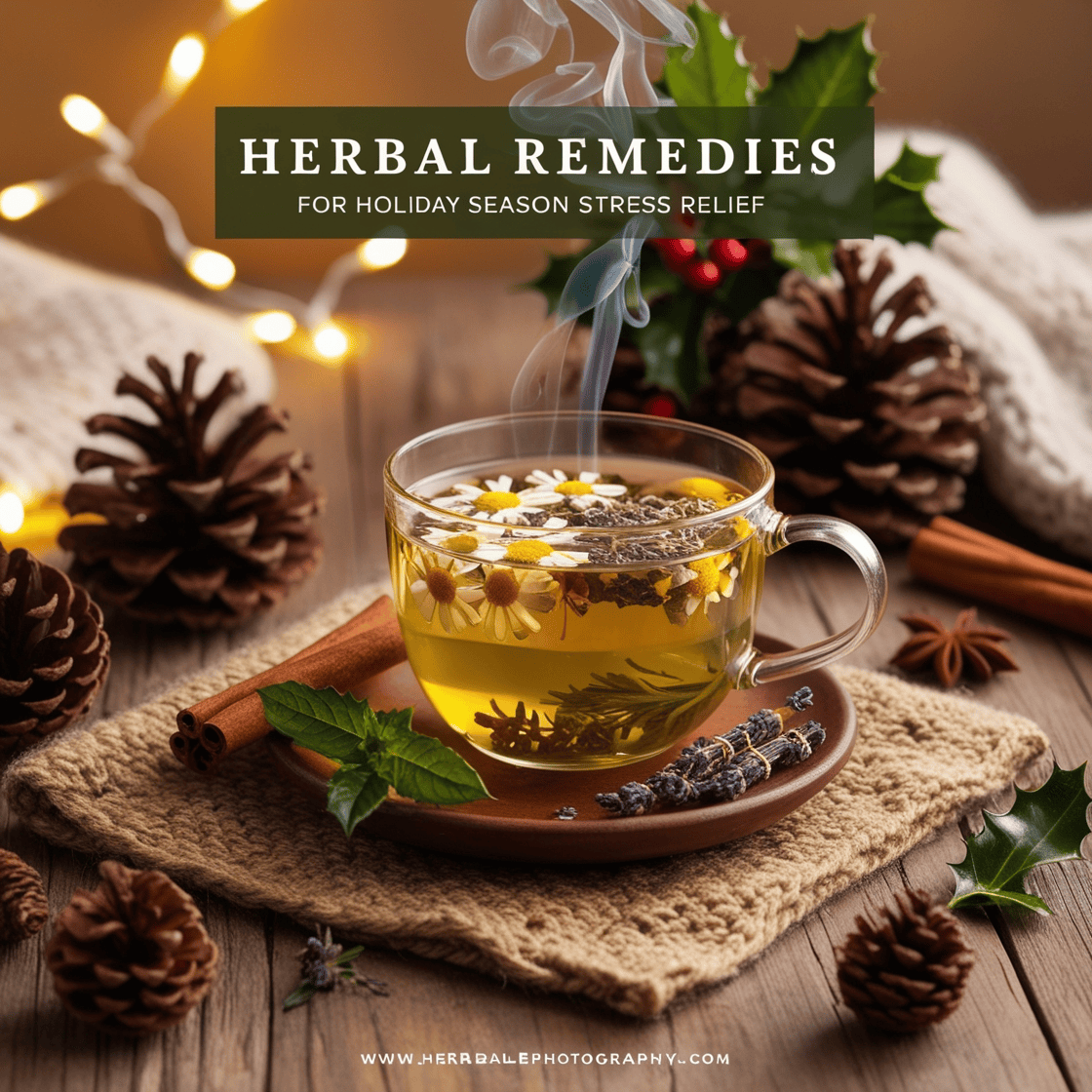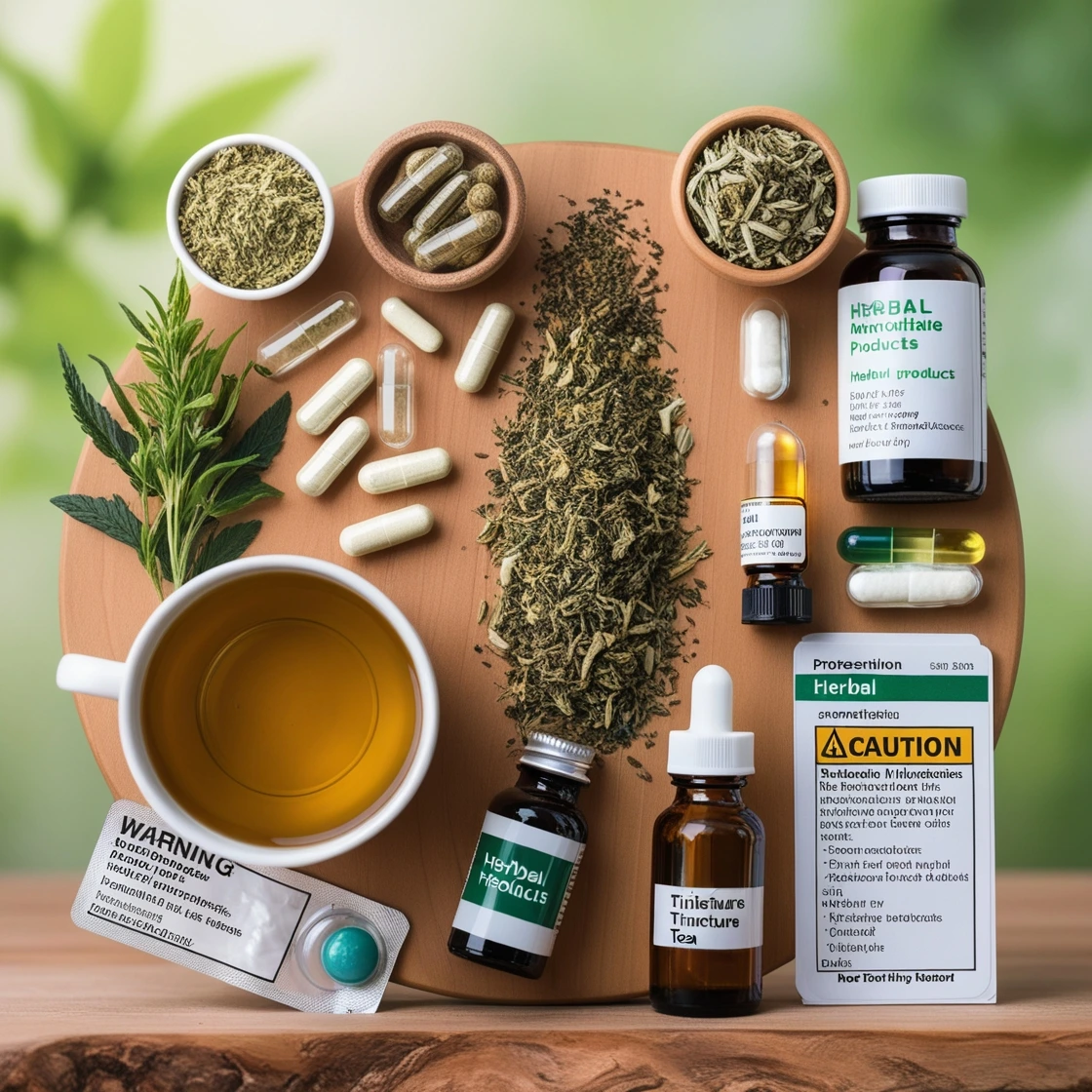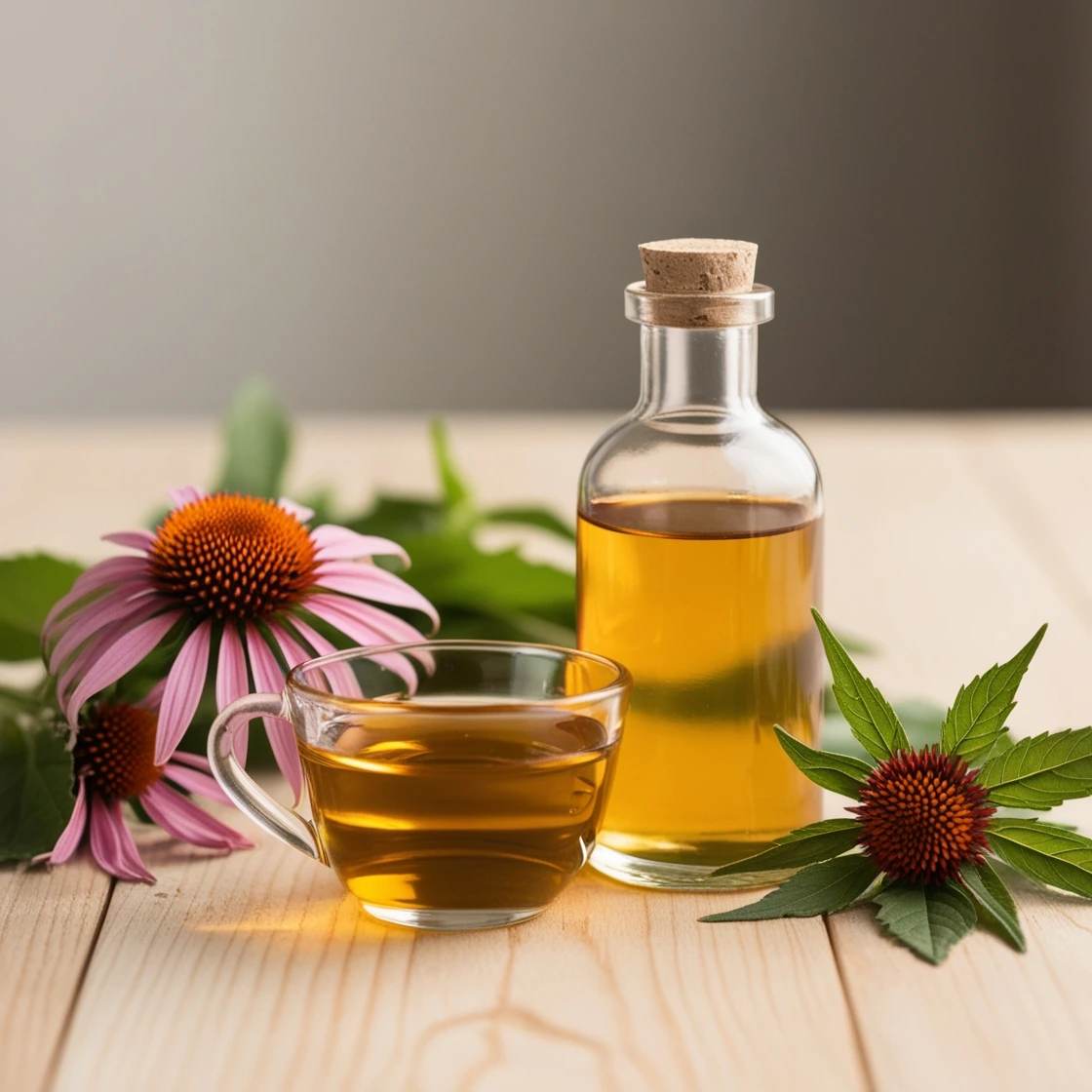Introduction
Herbal products are being used for centuries to prevent and cure several diseases. Their popularity has increased in the United States and UK along with several other countries over the years. But the question of the science behind herbal products and whether they really work have been widely debated.
FDA doesn’t consider herbal products as medicines
Before we explore whether the question “do herbal products really work?”, let us find out how they are regulated in the USA. FDA considers herbal supplements as foods and not as medicines. As a result, herbal products do not have to go through the same regulation and rigorous testing like synthetic medicines which are sold over the counter. For this reason you should always a consult a doctor before adding any herbal product to your daily routine.
Better with mild sickness
This way you can avoid facing potential adverse side effects. Research shows although some herbs may be effective in providing relief from mild health issues, they lag behind traditional synthetic medicines when it comes to dealing with severe or life threatening illnesses.
Understanding Herbal Ingredients
Several ingredients in herbal products are known for their health benefits. Such common elements include:
Aloe Vera
It helps in improving digestion and sooths the stomach. Aloe vera also helps in improving absorbing nutrients into your body.
Green Tea Extract
It is rich in anti-antioxidants. It helps in weight loss due its properties that improve metabolism.
Ginseng
Ginseng is an adaptogenic herb used for increasing energy, reducing stress and improving cognitive function.
Fiber Blends
They are effective in improving digestive health and help in weight management.
While the benefits of such herbal ingredients have been traditionally accepted, scientific evidence supporting them often proves to be mixed.
“For example, St. John’s wort is a popular herbal supplement. It’s thought to be useful for treating depression in some cases. A product label on St. John’s wort might say that it “enhances mood.” But it can’t claim to treat a specific condition, such as depression,” states an article titled Herbal Medicine on the official website of Johns Hopkins Medicine.
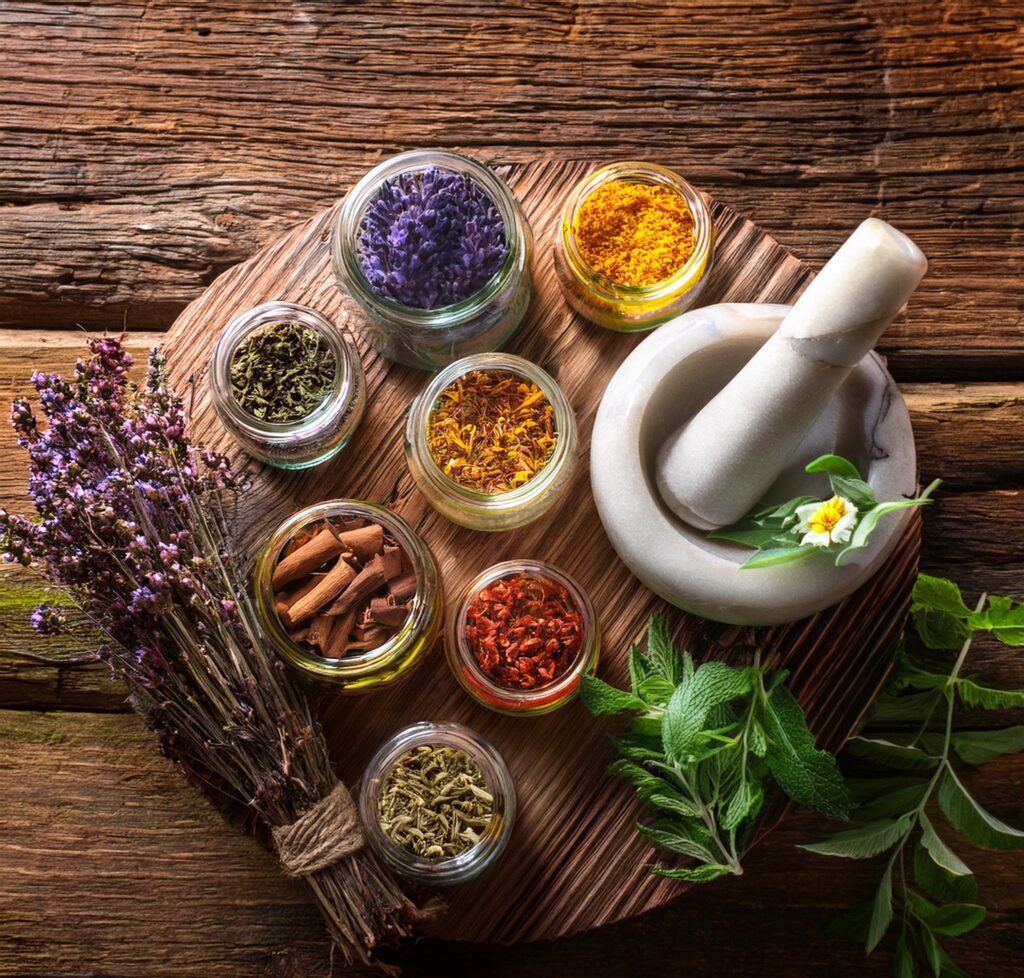
What Are the Health Benefits of Herbal Products? Do herbal products really work?
Herbal products have been witnessing increasing popularity due to their traditionally acknowledged health benefits such as weight loss, improving digestive health, boosting energy and improving skin health.
Weight Management
Having ingredients like fiber blends and metabolism boosting herbs, herbal products are often effective in weight loss.
Digestive Health
Herbal products containing herbs like aloe vera and fiber help in improving digestion.
Boosts Energy
Herbs such as ginseng and green tea can boost your energy naturally without the potential adverse side effects of some synthetic drugs.
The benefits of these herbs are widely acknowledged. But their effectiveness varies a lot depending on the user’s health, lifestyle and diet.
“Because herbal medicines are not completely risk-free, it is recommended that the medicines be used under the supervision of licensed medical professionals,” states a research paper titled Herbal Medicine on the official website of ScienceDirect.

Scientific Studies on Herbal Product Effectiveness
Research on “do herbal products really work” have given mixed results. Some studies say that herbal ingredients can be effective in weight loss, boosting digestion and overall health. But these outcomes can often be achieved through common means like balanced diet and regular exercise.
A review of several studies showed that herbal ingredients provide short term benefits and are not much better than those achieved by common dietary regulations and healthy habits. This came out in a research paper titled Herbal Medicines: Where is evidence, cited on the official website of the National Library of Medicine.
What Are the Benefits of Herbal Medicine?
There are plant based ingredients in herbal medicines which act as prevention and cure for a wide range of health issues. Following are some of the benefits of herbal medicine.
Natural Healing
Turmeric and ginger are herbs that provide natural alternative to synthetic drugs arthritis and digestive problems. They are effective in such cases because of their anti-inflammatory properties.
Fewer Side Effects
With herbal products, you can avoid the adverse side effects of synthetic drugs to a great extent.
Holistic Approach
Unlike synthetic medicine which treats one particular symptom, herbal medicines act in a holistic way and focuses on diet, lifestyle, and overall health.
But the effectiveness of herbal medicine is not uniform across individuals and can often vary greatly across individuals depending on the herb, preparation method and dosage.
What is the difference between modern medicine and traditional herbal medicine?
Herbal medicines and conventional medicines belong to two distinct branches of medical science. Each has its own pros and cons. To make an informed choice you need to know them.
Mechanism of Action
Conventional drugs are medicines that have single compounds that target particular physiological pathways. But herbal medicines have several compounds that act simultaneously for a more holistic effect.
Side Effects and Safety
While pharmaceutical drugs undergo rigorous testing to ensure safety and effectiveness, herbal products or supplements are considered as food by the FDA and do not undergo such extensive testing. Herbal medicines can lead to adverse side effects as they sometimes interact with conventional medications.
Effectiveness
Popular herbs such as St. John’s Wort often provide relief from mild depression, but results may not be similar when it comes to other herbs also being used for the same problem. The results also widely vary for severe health issues.

Are Herbal Products Good for Health?
The health benefits of herbal products depend on quality of the ingredient, proper usage and individual health condition. The key benefits are stated below..
Natural Ingredients
Since they have fewer synthetic chemicals compared to conventional medicines, herbal products appeal more to people seeking natural remedies.
Antioxidant and Anti-Inflammatory Properties
Several herbs have antioxidant and anti-inflammatory properties. These properties boost the immune system, improve cardiovascular health and soothe inflammation.
But the effectiveness and potency often vary due to the inconsistent potency of the ingredients and inadequate standardization in dosing.

Do Herbal Products Have Side Effects?
Although herbal products are generally considered to be safe, but they do have certain side effects. The side effects include:
Allergic Reactions
People sensitive to ragweed may experience allergic reaction if they take Echinacea, an herb.
Digestive Issues
Herbs like Senna which are used as laxative can often cause cramps or diarrhoea.
Drug Interactions
Herbs often interact with prescribed medications resulting in adverse side effects. For example, St. John’s Wort often interacts with prescription medication and reduces their effectiveness.
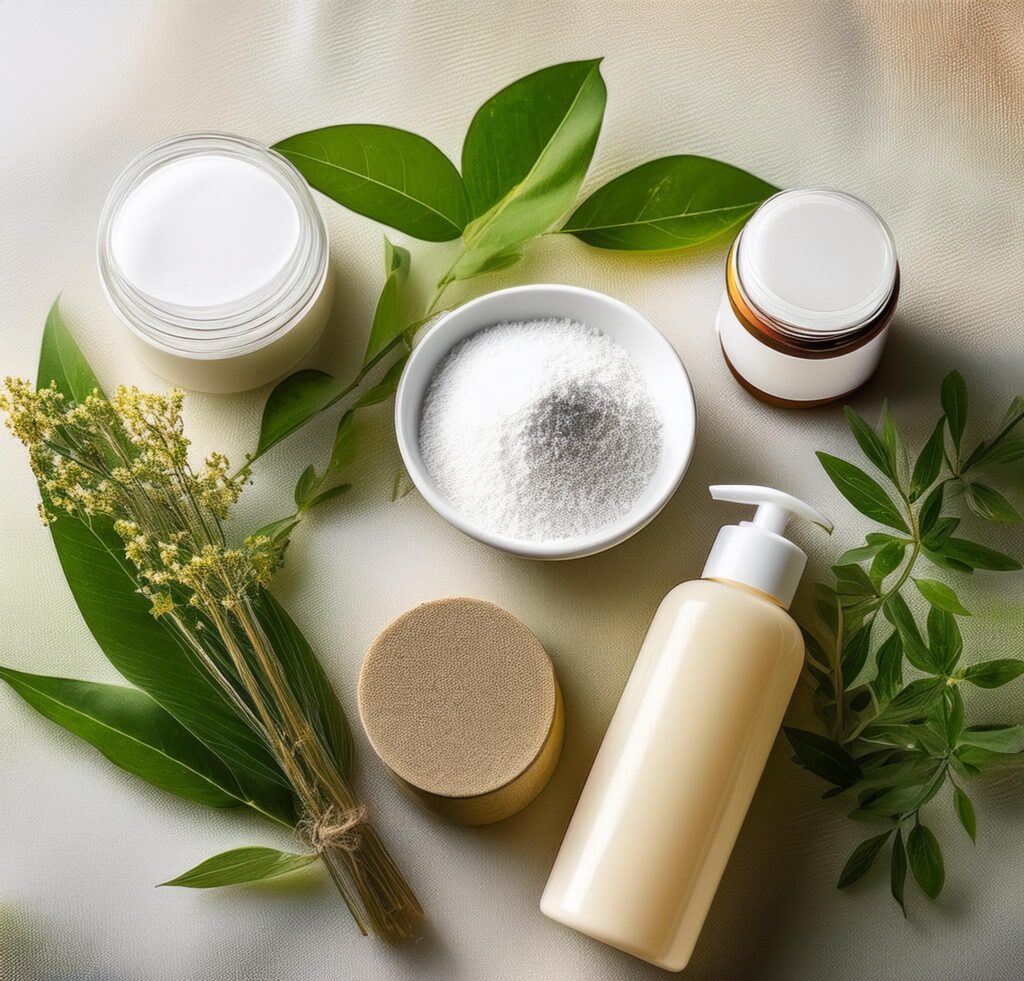
Safety and Risks of Herbal Products
The safety of herbal products depends of several factors like proper usage, quality control, absence of harmful additives. The key factors related to the question “do herbal products really work” are stated below:
Contamination Risks
Research shows that some herbal products were found containing heavy metals, pesticides and other toxic elements.
Inconsistent Potency
Varied amounts of active ingredients in herbal products can lead to inconsistent potency.
To ensure that the herbal products you want to add to your daily routing are safe, buy them from reputable sources, properly follow dosage instructions and consult a doctor before taking any herbal supplements.
Are Herbal Products Good for Weight Loss?
The effectiveness of herbal products in terms of weight loss is one more critical aspect of the issue “do herbal products really work”.
Although herbal products such as Garcinia Cambogia, and fiber supplements are often claimed to be effective in weight loss, but the overall effectiveness varies widely.
Short-Term Weight Loss
Certain herbal products may increase metabolism or reduce appetite, leading to short term weight loss.
Sustainability and Safety
Experts have raised concerns about long-term use of stimulant-containing herbal products. They say that such products if used on a long term basis may affect heart rate and blood pressure.
You need to combine herbal products with a balanced diet and regular exercise to ensure safe weight loss using natural remedies.

How Do Herbs Work in the Body?
Herbs work in the body in several ways:
Modulating Immune Response
By stimulating the body’s immune system, herbs like Echinacea boosts the body’s resistance to infections.
Anti-Inflammatory Effects
Herbs like turmeric and ginger can help in soothing inflammation and can be effective for arthritis.
Adaptogens
Ashwagandha is believed to be effective in reducing stress.
Herbs with their multi-compound nature can impact various biological pathways resulting in wider benefits compared to pharmaceuticals which mainly treat particular symptoms.
What are the Health Benefits of Herbal Remedies?
Research shows that herbs do have certain health benefits. The key benefits include:
Immune Support
Echinacea is widely known to be effective in boosting the immune system. It helps your body to reduce the severity of common cold.
Cardiovascular Health
Another herb, garlic reduces blood pressure and cholesterol levels, improving heart health.
Cognitive Benefits
Ginkgo Biloba boosts memory particularly in elderly people. However, individual results may vary depending on dosage, quality of herbs and individual health condition.
Is Herbal Products Safe for Skin?
Herbs like aloe vera, calendula, and tea tree oil with their anti-inflammatory and anti-oxidant properties are becoming increasingly common in skin care routines.
Benefits
With anti-inflammatory and antibacterial components many herbal skincare products are effective for reducing acne, eczema, and treating minor wounds.
Risks
Just because they are made from natural ingredients, that doesn’t mean they do not have any side-effects. Those with sensitive skin and prone to allergies should always perform a patch test and consult a doctor before using any herbal skin care products.

Are Herbal Products Safe To Use?
If you want to safely use herbal products, carefully check their quality and dosage.
Consult a doctor
Always consult a doctor before you start using any herbal products to avoid any adverse side effects.
Choose Reputable Brands
Always buy from reputable brands that follow quality standards and ensure third party testing.
Monitor Your Response
Carefully observe how your body is responding to the herbal product. If you notice any adverse reactions, immediately discontinue and consult a doctor.
Conclusion
Research into the quality, safety, molecular effects, and clinical efficacy of the numerous herbs in common usage is needed,” states a book titled Herbal Medicine: Biolomolecular and Clinical Aspects cited in the National Library of Medicine.
FAQ
1. What are the health benefits of herbal products?
Herbal products are effective in improving digestion, boosting energy, helping in weight loss, and skin health. Individual effects depend on the type of herb, product quality, and individual health conditions.
2. Are herbal products safe and effective?
Herbal products can offer natural alternatives to synthetic drugs. But they also have side effects such as allergies or interactions with conventional medications.
3. How do herbs work in the body?
Herbs work by boosting immunity, soothing inflammation, and providing nourishments due to their multiple active compounds.
4. How do herbal products compare to conventional treatments?
While herbal remedies are natural and holistic, conventional drugs are more potent and precisely targeted.
5. What are the pros and cons of herbal medicine?
Pros: Natural and has fewer side effects.
Cons: Lack of standardization, may interact with other drugs, and effectiveness may vary depending on individual responses.


